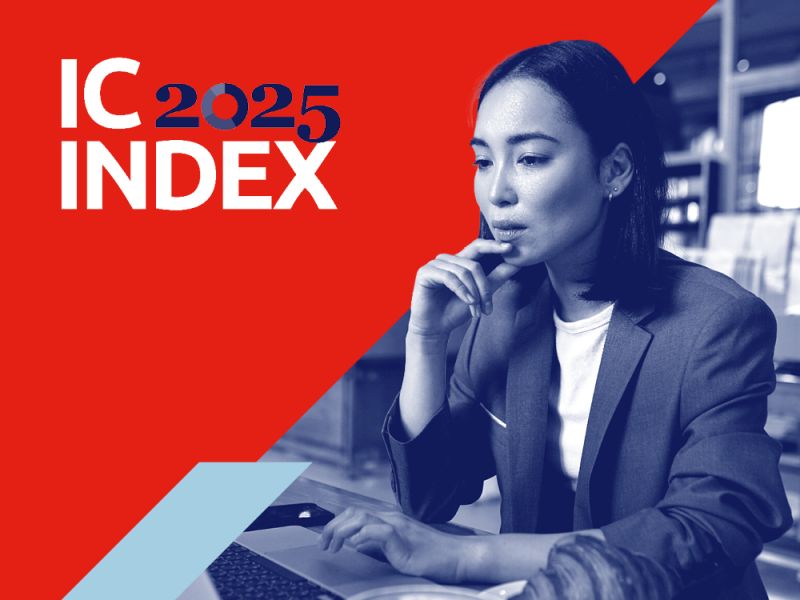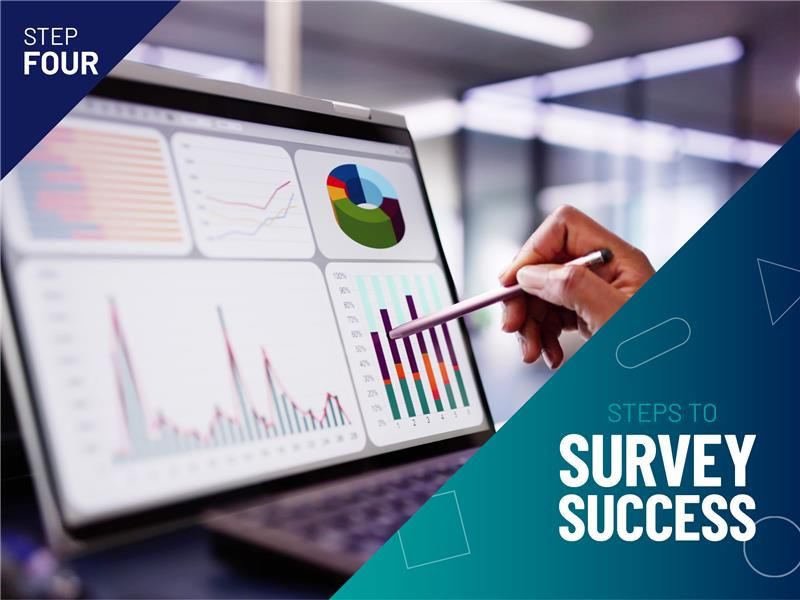“How can we better support our employees over the coming months?” was one of five questions answered by organisations in our recent study: ‘New ways of working: the lasting impact and influence of the pandemic.’
From returning people to the office to bringing furloughed colleagues back into the team, supporting employees and prioritising their wellbeing is a priority for leaders and HR teams in 2021.
Returning to the office, especially, is a source of anxiety for many employees – the health and safety risks, the commute, the change in routine – and yet our study found that only 55% of organisations are putting employee wellbeing plans in place for the transition.
97% of organisations also said they would be adopting some form of hybrid working, which means in many cases, as standard, the future workplace will merge frontline, remote and office workers – requiring new working practices, inclusive policies, and internal communications strategies.
So, while we are all still navigating this long period of organisational and cultural change, what can leaders do to better support employees?
1. Be as clear as possible about the future vision to help manage uncertainty, anxiety, and speculation. Even if you are not able to share details, showing that there is consensus can have a positive impact on morale.
2. Balance positivity with empathy to acknowledge the impact and influence of the experience of the pandemic for every employee demographic, so that efforts to turn adversity into opportunity do not feel tone deaf.
3. Keep listening and responding through formal and informal channels to involve employees in problem solving, create a sense of connection and course correct where necessary.
4. Re-think the approach to wellbeing so that initiatives and resources are underpinned by a strategic and cultural focus on supporting employee wellbeing.
Burnout, exhaustion, and mental health challenges have been intensified by the pandemic and the experiences need to be well-understood and addressed.
5. Be clear and consistent with communication. Make sure to update employees as soon and as often as possible on plans to minimise speculation and uncertainty.
From designing hybrid workplaces to creating inclusive policies, more action-planning advice can be found by downloading our latest report: New ways of working: the lasting impact and influence of the pandemic.

Ipsos Karian and Box







